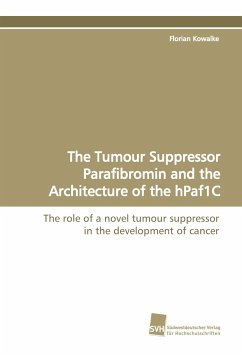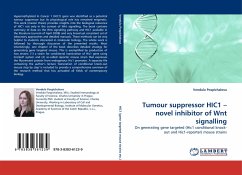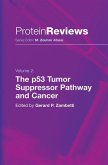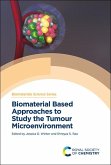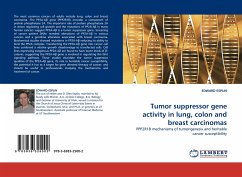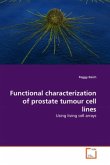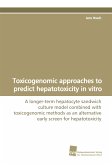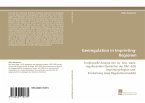Parafibromin (PFM) is a recently identified tumour suppressor that is lost in various types of cancer, including parathyroid, renal, breast and gastric cancer. PFM is a component of the Paf1 complex (Paf1C), which is thought to have key roles at various stages of the gene expression pathway. In the present work, we identified the molecular architecture of the human Paf1C (hPaf1C). We found that the C-terminus of PFM interacts with the hPaf1C. Since almost all known clinically relevant PFM mutations effect the expression of the C-terminal part of PFM, our findings provide evidence that the tumour supressor function of PFM is dependent on the hPaf1C. Interestingly, we further found that the same domain on PFM that is responsible for binding to -Catenin mediates the interaction to Paf1 and Ski8 and report for the first time that PFM is able to dimerize in vitro and that it is the only hPaf1C component that directly interacts with URI. PFM-/- MEFs generated show a decreased expression of the PFM target genes Igf1, Igf2, Hmg1 and Igfbp4 but an unaltered activity of the PI3K-pathway. Last but not least, our data suggest that Cre-mediated deletion of PFM in MEFs causes cell death.

